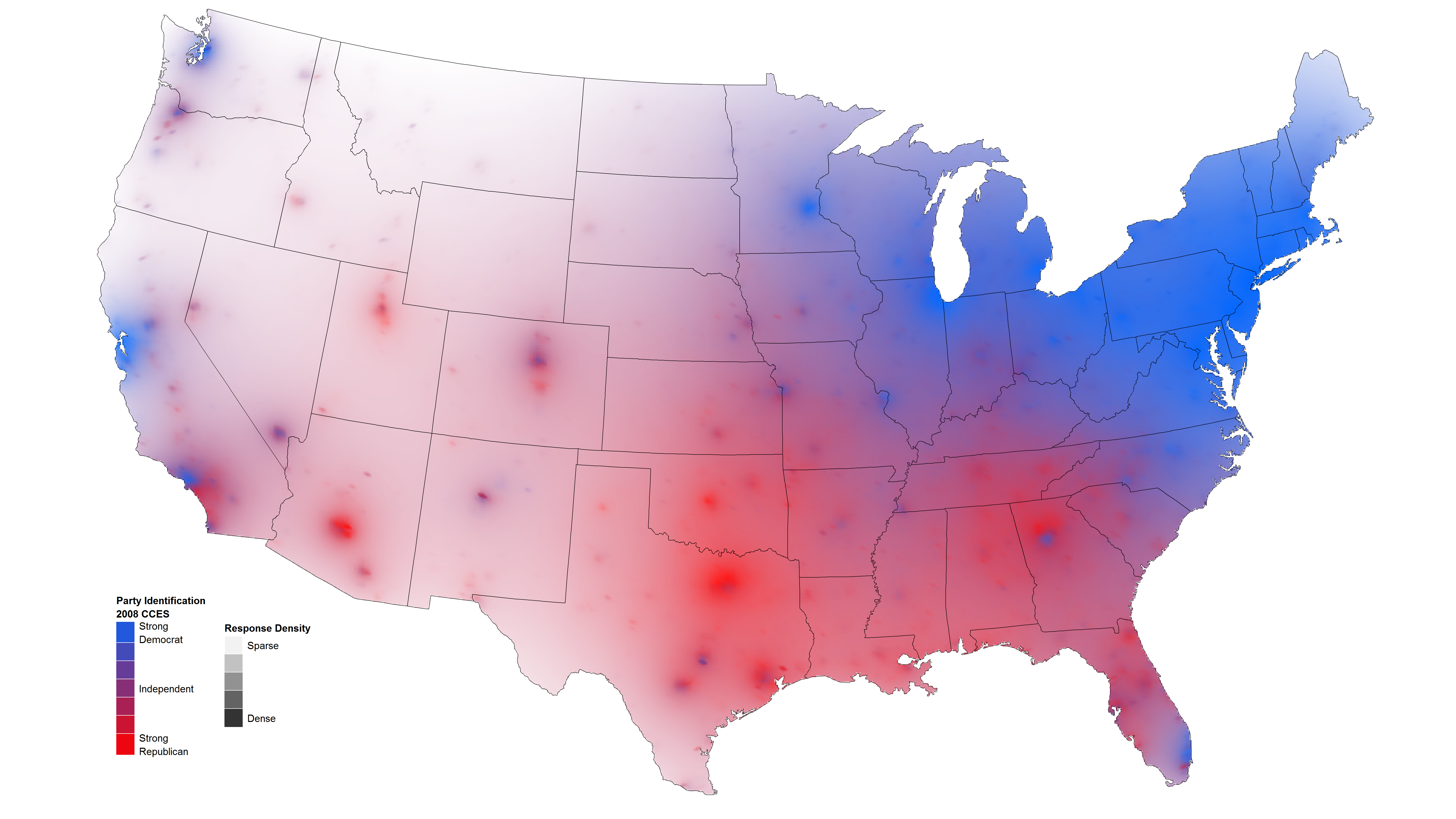The Political Environment
The Kennedy’s, one of
the most prolific political dynasty’s in American history, have produced some
of the most influential political actors
of our time. One such character is Robert F Kennedy Jr. . The Kennedy's have
been a constant political force for more than half a century now. RFK is the
nephew of John F Kennedy, one of the most prominent leftist presidents of the
modern era, despite his untimely demise. RFK is son of, obviously, the first RFK who
was a New York Senator until the time of his assassination in 1968. RFK has been a constant environmental protector since he started working with river-keeper and explaining the things he stands up for, might help us
to understand the landscape of environmental politics.
He is the president of
the Water Keepers Alliance, an organization fighting to protect over 1.6
million water ways across the globe. Kennedy has been a prominent voice for
promoting American entrance into a new energy economy. He has pushed for wind, solar,
nuclear (tentatively) energy over oil. He appeared on Morning Joe, a political
morning show, warning that not only should we move to clean energy for our own sake, but because the Middle East and China have not shied away from the new
sources of revenue. The government subsidies the coal industry at such a larger
rate than the clean energy industry has left American clean energy companies susceptible
to price dumping by places like China. Price dumping is a process in which a
country floods the market of another company with drastically cheaper priced
items. The result is that the native companies go bankrupt. The Clean Energy
companies are not failing because they aren't able to compete in the market,
but simply because the Chinese government has made Clean Energy a priority and
they subsidize their companies at a rate that we don’t compete with in America.
On July 2009, Kennedy
appeared on CNNMoney to talk about the enormous external cost of coal onto the
people of America, despite it seemingly cheap sticker price. He says “ coal
only appears cheap because the rest of us pay the cost. He says that “In New
York State it’s unsafe to eat almost any
fresh water fish caught in the state because of the mercury that has been
discharged from those plants end up polluting those places. According to the
CDC one out of every six American women now have so much mercury in her womb that her child is at the risk of
severe birth defects. These are the types of externalized costs… You don’t see
that cost when you pay your bill though”. There is certainly merit to what he
is saying, but I wonder if he doesn’t lay blame in the correct places.
The call for a push to
clean energy is an interesting philosophic ethical lab, but it’s also a
question of politics and economics. I believe in reducing the subsidies for oil
companies, though I’m not so confident about raising subsidies for Clean Energy
Companies. I understand the issue of price dumping by China, but the United
States shouldn’t be fighting fire with fire. They should be taking steps to
reduce protectionary measures on the whole by working through such
international institutions like the WTO, which I believe, they have since his
comments were made. On the case of the coal companies externalizing costs, he
is mostly correct. However I would put the blame on our government. Our government
has failed to protect citizens from extraordinary unseen threats like those of
the externalized costs of coals. There should be some consumer advocacy for
educating the public on issue, as such, that the mundane public would have no
reason to be aware of, or have access to information about. While I’m not coals
number one fan, it is a private economic forces’ goal to make money. So if
there are costs they are able to externalize, then that is what they will do.
It’s not honorable but it is reasonable within proper context. However, it’s
the government’s job to protect us from threats so, large or invasive that we
might not be able to see it in our own lives or protect ourselves against it.
At least that is John Locke’s perspective, and he is just the one of the founders
of classical liberalism and the inspiration for most of Jefferson influence
into creating our nation, which is to say the least, considerable. The fact
that the public has no champion in this fight is a failure of government.

I don’t want to be
misunderstood, I’m not saying that I prefer coal over clean energy. I am a progressive
and I favor progressive infrastructural development. Clean energy is the
future. But perhaps its more time effective and pragmatic to blame the people
we elected to serve us and not the enormous company whose sole mission it is to
make money. Either RFK is clearly a figure in the American body politic that spurs great debate and thought,
and that is a legacy that’s a proud addition
to the Kennedy name.








